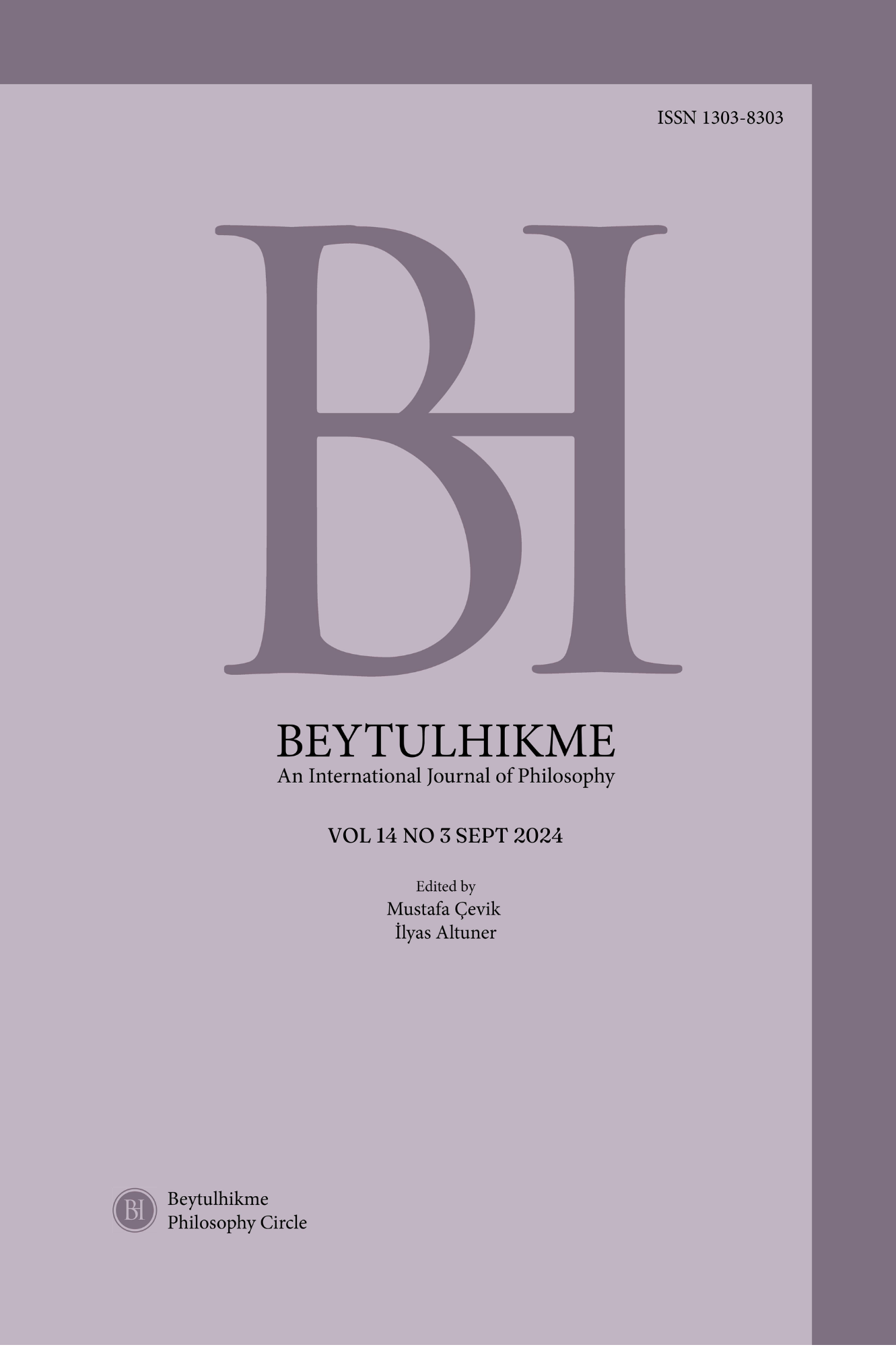Author :
Abstract
Bu makalede Simone de Beauvoir’ın feminist felsefesinin Maurice Merleau-Ponty’nin fenomenolojisini takip ettiğini, bu yönüyle onun bir feminist fenomenolog olduğunu göstermeye çalışacağız. Merleau-Ponty’nin fenomenolojisinde öz sabitlenemez, öznelerarası ve tarihsel bir anlama gönderme yapar; transandantal ise öznelerarasılıktan başka bir şey değildir. Onun fenomenolojisinde Kartezyen özne ve diğer tüm karşıt ikilikler aşılmaya çalışılır. Beden tüm diğer şeylerle paylaştığımız dünyaya açılmamızı sağlayan biricik anlam, eylem, varoluş aracımıza dönüşür. Beauvoir kadının ne olduğunu ve ne olabileceğini anlamaya çalışırken bu parametreleri takip eder. Mevcut kabulleri ve teorileri eleştirel bir süzgeçten geçirdikten sonra, kadın deneyimlerine odaklanır. Sonuç olarak mevcut kadının ebedi, doğal ya da mutlak olmadığını, toplumsal/politik olarak inşa edilmiş bir gerçeklik olduğunu dolayısıyla değişebilir olduğunu gösterir. Beauvoir’ın kadın sorunu üzerinden gösterdiği bu fenomenolojik indirgeme ve betimleme, toplumsal eleştiri gerektiren tüm sorunlar için önemli bir felsefi zemin sağlamaktadır.
Keywords
Abstract
In this article, I will try to show that Simone de Beauvoir’s feminist philosophy follows Merleau-Ponty’s phenomenology and in this respect, she is a feminist phenomenologist. In Merleau-Ponty’s phenomenology, essence refers to an unfixable, intersubjective, and historical meaning; transcendental is nothing but intersubjectivity. In his phenomenology, the Cartesian subject and all other opposing dualities are tried to be overcome. The body becomes our unique means of meaning, action, and existence allowing us to open to the world we share with all other things. Beauvoir follows these parameters while trying to understand what woman is and what she can be. After critically evaluating existing assumptions and theories, Beauvoir focuses on women’s experiences. She ultimately shows that the existing woman is not eternal, natural, or absolute, but a socially/politically constituted reality and therefore changeable. This phenomenological reduction and description that Beauvoir shows through the question of woman provides an important philosophical basis for all problems that require social criticism.





